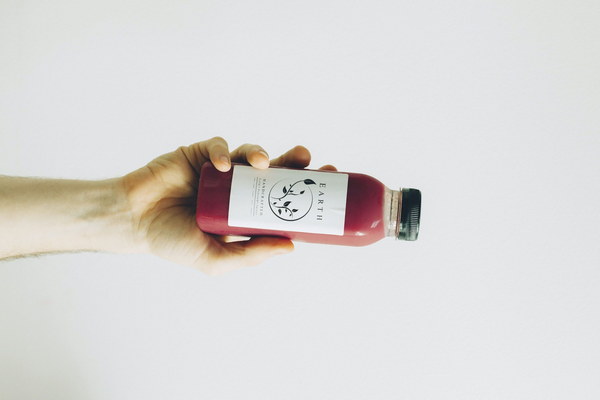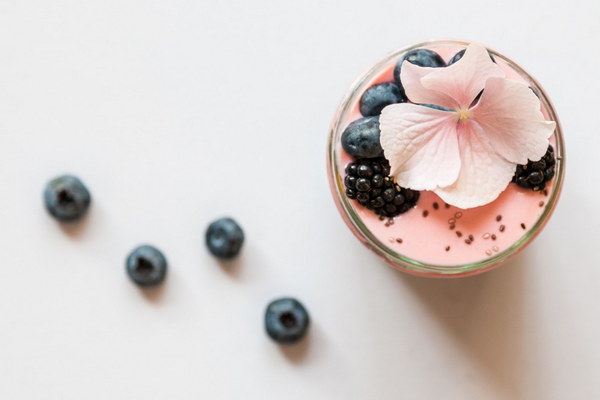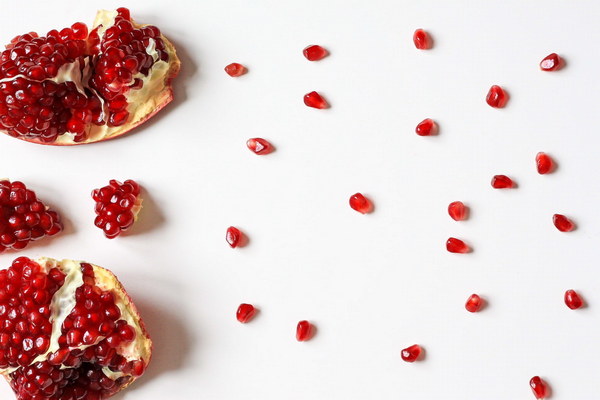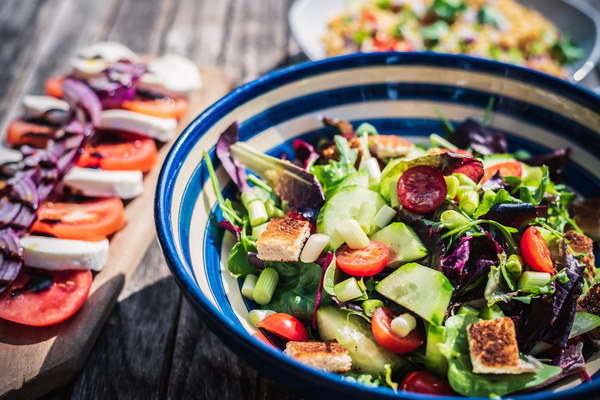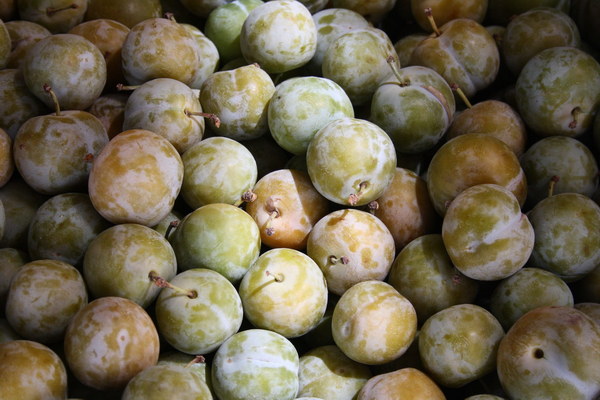Exploring the Trend of Moisture-Relieving Tea Imports A Fusion of Tradition and Global Flavors
In recent years, the health and wellness industry has witnessed a surge in the popularity of traditional teas, with a particular focus on moisture-relieving or wuming teas. As consumers become more health-conscious and seek natural remedies for their ailments, the demand for these teas has been on the rise. One of the most sought-after types of wuming tea is the moisture-relieving tea, which has been making waves in the international market. This article delves into the world of moisture-relieving tea imports, exploring its cultural significance, benefits, and the factors that contribute to its growing popularity.
Moisture-relieving tea, also known as wuming cha in Chinese, has been a staple in traditional Chinese medicine for centuries. These teas are believed to have natural diuretic properties that help to eliminate excess moisture from the body, thereby alleviating symptoms of dampness, such as fatigue, weight gain, and joint pain. The concept of dampness in Chinese medicine is a result of an imbalance in the body's yin and yang, where an excess of dampness can lead to various health issues.

The global fascination with moisture-relieving tea can be attributed to several factors. Firstly, the increasing awareness of the benefits of traditional Chinese medicine has piqued the interest of people worldwide. Secondly, the growing trend of natural health remedies has led consumers to seek out alternative solutions to modern medicine. Lastly, the unique flavor profiles and health benefits of moisture-relieving tea have made it a sought-after product among tea enthusiasts and health-conscious individuals alike.
The process of importing moisture-relieving tea involves several steps, starting with sourcing high-quality tea leaves from their origins in China. These tea leaves are then processed and packaged before being shipped to various countries around the world. The most popular types of moisture-relieving tea include Puerh, Biluochun, and Longjing, each with its distinct flavor and health properties.
Puerh tea, a fermented tea from Yunnan province, is renowned for its ability to aid digestion and promote weight loss. It is believed to have strong moisture-relieving properties, making it a favorite among those who want to reduce dampness in their bodies. Biluochun, on the other hand, is a delicate green tea from Jiangsu province that is known for its refreshing and invigorating taste. It is often consumed to help boost the immune system and reduce inflammation. Longjing, or Dragon Well tea, is a famous green tea from Zhejiang province that is praised for its health benefits and aromatic flavor. It is believed to help regulate metabolism and improve mental clarity.
The success of moisture-relieving tea imports is not only due to the health benefits and unique flavors but also the cultural significance associated with these teas. The Chinese tea culture has a long and storied history, with tea being a symbol of hospitality, respect, and refinement. By importing these teas, countries are not only embracing the health benefits but also the rich heritage and traditions of Chinese tea culture.
Despite the growing demand for moisture-relieving tea, there are challenges that importers face. One of the main concerns is the quality control of the tea leaves, as poor-quality tea can lead to negative health effects. Importers must ensure that the tea leaves are sourced from reputable suppliers and processed under strict quality standards. Additionally, the logistics of shipping and distribution can be complex, requiring careful coordination and attention to detail.
In conclusion, the import of moisture-relieving tea has become a significant trend in the global health and wellness market. Its unique flavor profiles, health benefits, and cultural significance have made it a sought-after product among consumers worldwide. As the demand for these teas continues to grow, importers and suppliers must focus on maintaining quality, navigating the complexities of international trade, and promoting the cultural value of Chinese tea. By doing so, they can ensure that moisture-relieving tea remains a cherished and beneficial part of the global tea landscape.


